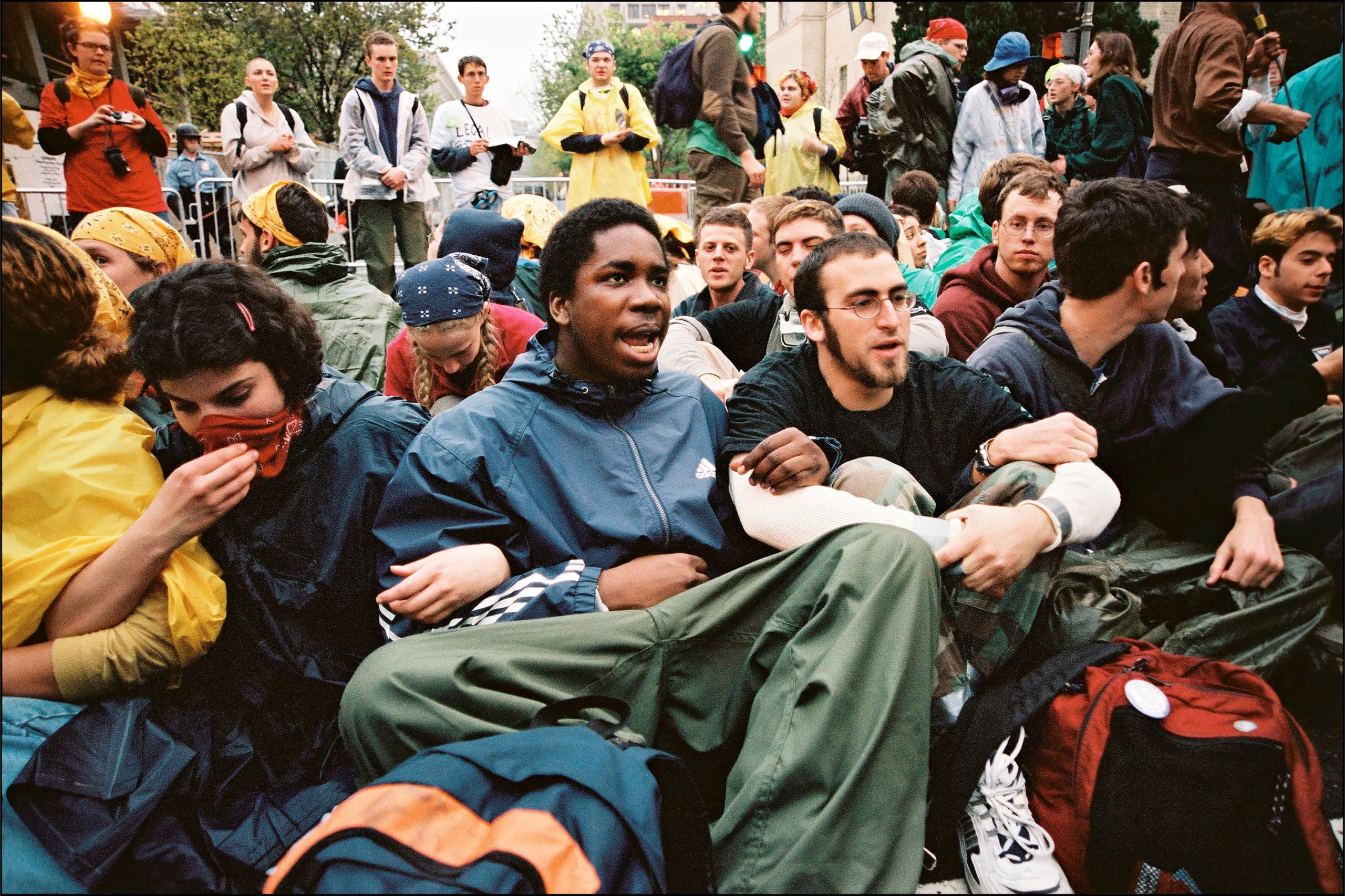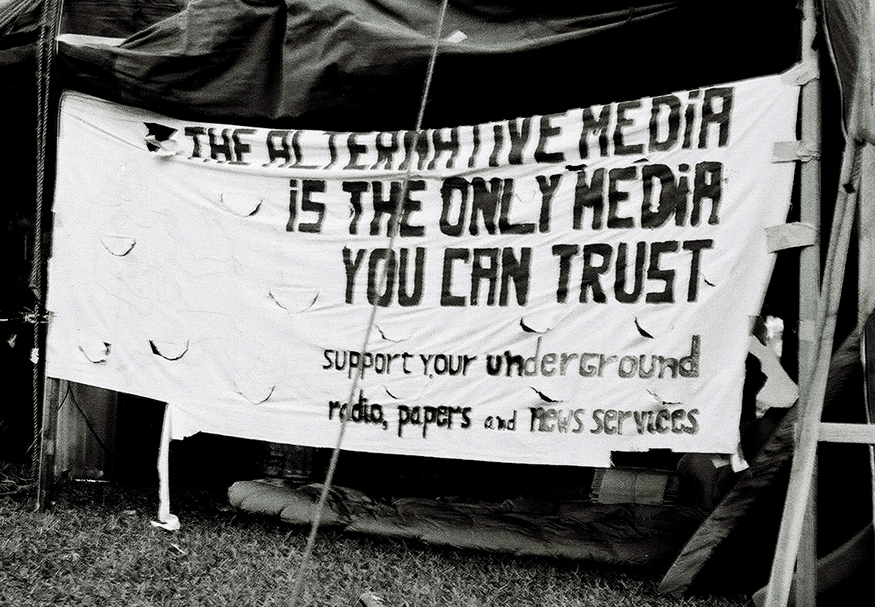April has traditionally been a busy month for Global Justice Ecology Project. It is the month in the Northern Hemisphere when the reawakening of spring energizes protest movements and actions for social and ecological justice.
GJEP is proud to have been on the cutting edge of that movement since our founding in 2003, but even before that when our founders took actions that laid the groundwork for the future founding of GJEP.
Thirty years ago in April 1994, GJEP co-founders Orin Langelle and myself, then based in Vermont and working with Native Forest Network, organized an international day of action against the megadams planned by Hydro-Quebec on Cree, Inuit and Innu lands. The global day of action took place on the 50th Anniversary of H-Q, and contributed to the state of New York cancelling its contract with H-Q. This in turn caused H-Q to put its next series of dams, known as the Great Whale project, “on ice”. Those dams were never built.
April of 2000 saw GJEP’s co-founder Orin Langelle play an integral role in the organization of A-16, the mass-mobilization against the World Bank in Washington, DC. Langelle was on the Board of the 50 Years is Enough Network founded to raise awareness of the devastating role of the World Bank in driving poverty and environmental destruction around the globe through the high interest rates attached to its so-called “development loans.” Tens of thousands of protesters took over the city, blockading intersections and bridges to disrupt the spring meetings of the World Bank.
In April of 2004, GJEP launched a global effort to ban the release of genetically engineered trees into the environment. This led GJEP, in collaboration with Finnish activists, to present the dangers of GE trees to delegates at the UN Forum on Forests (UNFF) in Geneva advocating for a global ban. This was the first time GJEP took part in a UN Conference to organize resistance to GE trees – a trend that would continue until the Rio+20 Environmental Conference in Rio in 2012.
I represented GJEP and the global GE trees campaign at the UNFF in Geneva and my presentation to delegates there, which included a world map projecting the global threat of contamination from GE trees, made quite a splash resulting in lively debates with Parties from Greece and elsewhere.
In April of 2016 our international effort against GE trees honed its focus on Brazil, which in 2015 had legalized its first GE tree – a fast-growing eucalyptus. World Rainforest Movement and Foro Carajas hosted GJEP in a series of presentations about the social and ecological impacts of GE trees, including the ways they would exacerbate the existing problems caused by industrial tree plantations.
This April we again ramped up our global work against GE trees at the UN Permanent Forum on Indigenous Issues where we made important new alliances, and deepened existing alliances, with Indigenous Peoples from around the world. You can find more about this recent work on our
website.
These are just a few of the dozens of impactful campaigns, protests and events GJEP has led and/or participated in over the past decades. We have been able to do this important work with the support of our donors, to whom we are deeply grateful.
Toward a world free from social injustice, ecological devastation and economic domination,
Anne Petermann
Executive Director




